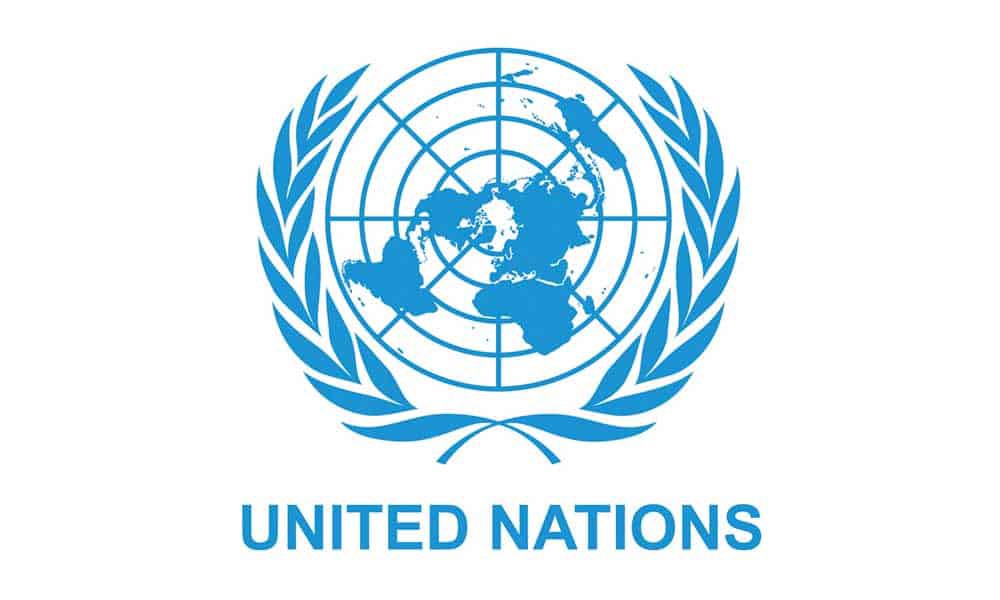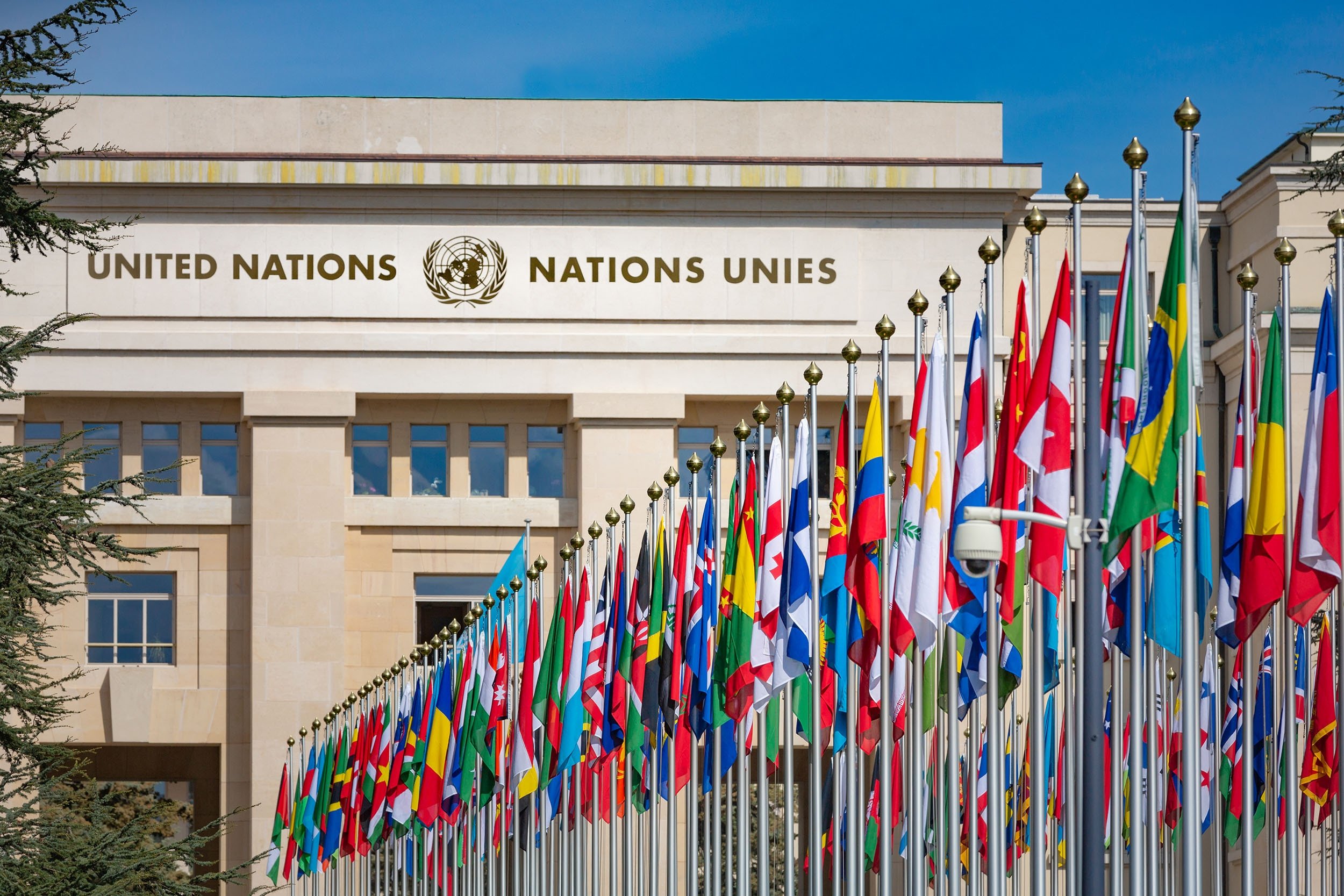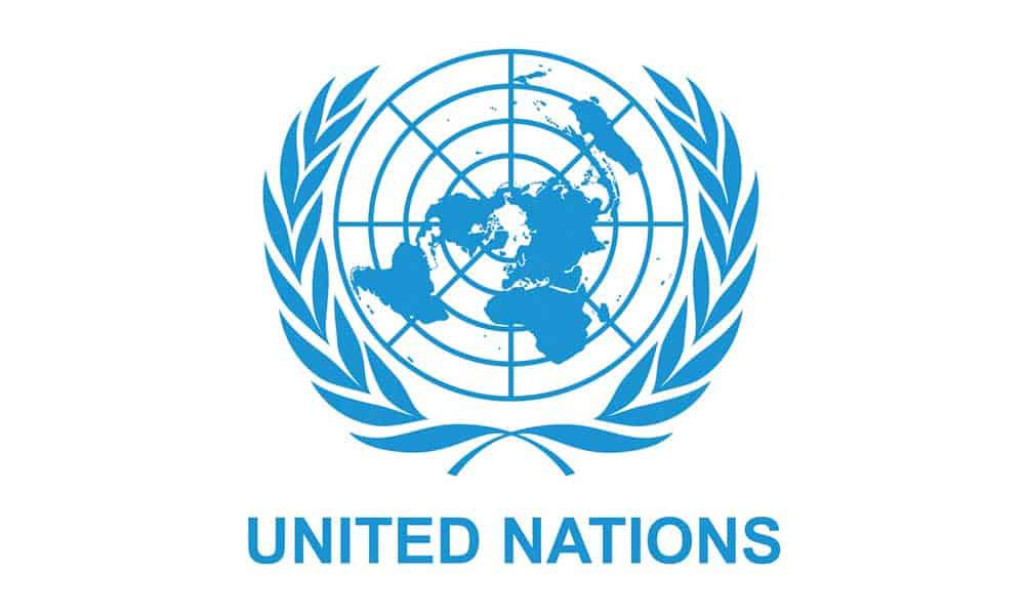 Introduction:
Introduction:
Since its inception in 1945, the United Nations (UN) has played a pivotal role in global affairs, serving as a beacon of hope for international cooperation, peace, and development. Over the decades, the UN has evolved to address a myriad of challenges, from armed conflicts to climate change, demonstrating its adaptability and resilience. This article delves into the multifaceted role of the United Nations in the contemporary world, exploring its contributions to peacekeeping, humanitarian aid, sustainable development, and human rights.
Maintaining International Peace and Security:
One of the primary purposes of the United Nations, as outlined in its Charter, is to maintain international peace and security. The UN achieves this through various mechanisms, including peacekeeping operations, conflict prevention initiatives, and diplomatic mediation. Peacekeeping missions, authorized by the Security Council, deploy troops to conflict zones to facilitate ceasefires, protect civilians, and support the implementation of peace agreements. These missions have been instrumental in resolving conflicts in regions such as Cyprus, the Balkans, and Africa.
Additionally,
The UN undertakes preventive diplomacy efforts to address simmering tensions before they escalate into full-blown conflicts. Through diplomatic engagement and mediation, the organization seeks to resolve disputes and prevent violence. Furthermore, the Security Council, with its authority to impose sanctions and authorize military action, serves as a crucial instrument for deterring aggression and enforcing international law.

Promoting Sustainable Development:
In an increasingly interconnected world, sustainable development has emerged as a pressing global priority. The United Nations plays a central role in promoting sustainable development through initiatives such as the Sustainable Development Goals (SDGs). Adopted in 2015, the SDGs provide a blueprint for addressing various socio-economic and environmental challenges, including poverty, inequality, climate change, and access to healthcare and education.
The UN facilitates cooperation among member states,
International organizations, and civil society actors to advance the SDGs. It mobilizes resources, coordinates development projects, and monitors progress towards achieving the goals. Moreover, the UN promotes sustainable practices in areas such as energy, agriculture, and urban planning, fostering resilience and mitigating the impacts of climate change.
Responding to Humanitarian Crises:
Humanitarian crises, whether caused by conflict, natural disasters, or other emergencies, demand swift and coordinated responses to alleviate suffering and protect vulnerable populations. The United Nations, through its various specialized agencies, funds, and programs, plays a critical role in humanitarian assistance and disaster relief efforts worldwide.
UN agencies such as the World Food Program (WFP),
The United Nations Children's Fund (UNICEF), and the Office for the Coordination of Humanitarian Affairs (OCHA) provide life-saving aid, including food, water, shelter, and medical care, to millions of people in crisis-affected areas. These agencies work in close collaboration with governments, non-governmental organizations (NGOs), and local partners to deliver assistance impartially and efficiently.
Moreover,
the UN coordinates international responses to complex humanitarian emergencies, such as the Syrian refugee crisis and the Rohingya refugee crisis, mobilizing resources and advocacy to address the root causes and support long-term solutions.
Protecting Human Rights:
Central to its mission is the promotion and protection of human rights worldwide. The United Nations, through mechanisms such as the Universal Declaration of Human Rights and various human rights treaties and conventions, establishes standards and norms for the respect and dignity of all individuals.
The UN Human Rights Council,
Along with other bodies such as the Office of the High Commissioner for Human Rights (OHCHR), monitors human rights situations, investigates abuses, and advocates for justice and accountability. These efforts encompass a wide range of issues, including civil and political rights, economic and social rights, gender equality, and the rights of marginalized and vulnerable groups.
Furthermore,
The UN supports capacity-building initiatives and provides technical assistance to member states to strengthen their human rights institutions and legal frameworks. Through its advocacy and engagement, the UN strives to create a world where every person enjoys fundamental freedoms and equal opportunities.
Conclusion:
The United Nations remains indispensable in addressing the complex challenges facing the world today. From promoting peace and security to advancing sustainable development, responding to humanitarian crises, and protecting human rights, the UN embodies the collective aspirations of humanity for a better, more just, and more peaceful world. As the global community confronts new threats and opportunities, the United Nations continues to serve as a vital forum for dialogue, cooperation, and collective action, guided by the principles of universality, equality, and solidarity. In the face of adversity, the enduring relevance and impact of the United Nations underscore its essential role as a beacon of hope and progress in the modern world.



You must be logged in to post a comment.